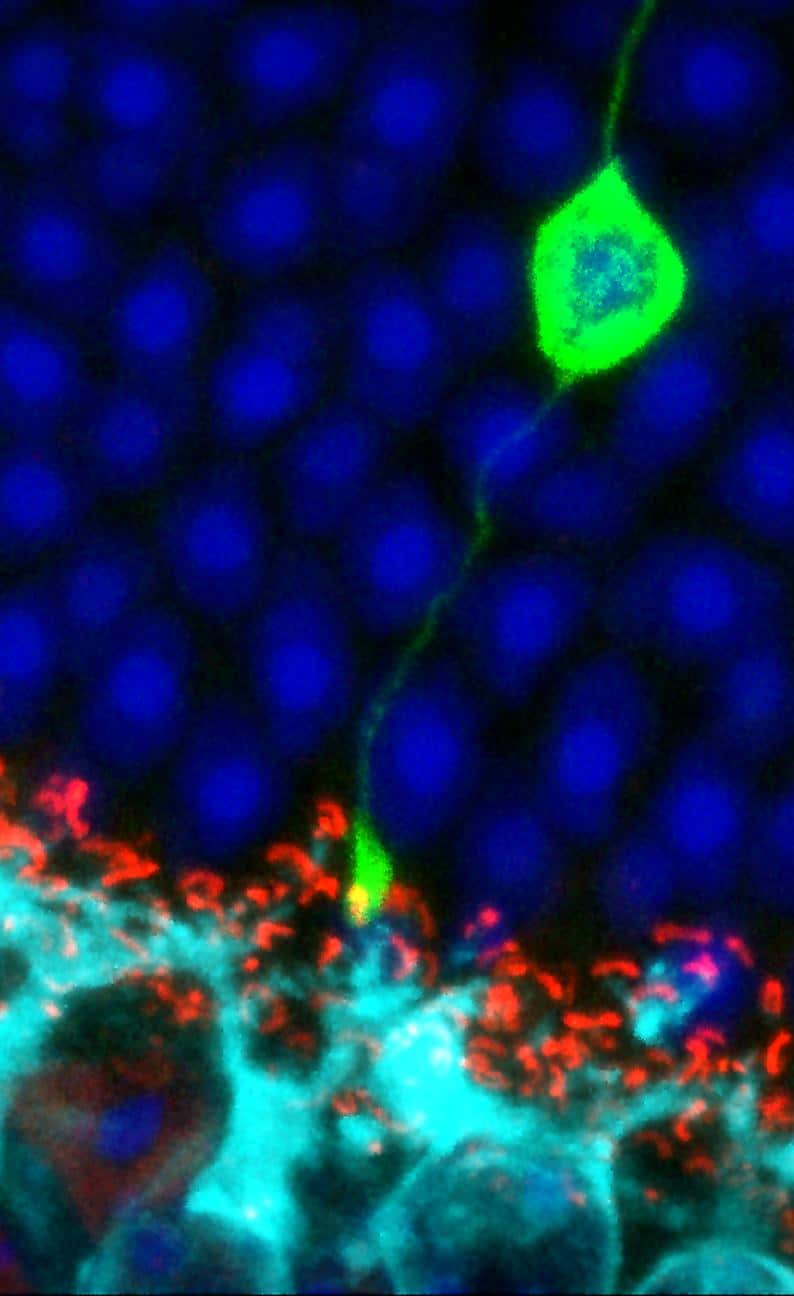Eye2Gene: predicting genetic diagnosis from eye scans
Eye2Gene: new publication describes how AI can predict genetic diagnosis from retinal scans
Search results
Eye2Gene: new publication describes how AI can predict genetic diagnosis from retinal scans

Join Research Development Manager, Kate Arkell as she speaks to our latest research grantees about their projects.
Our monthly e-Newsletter featuring the latest updates from Retina UK. Subscribe now to receive these updates directly to your email.
Our monthly e-Newsletter featuring the latest updates from Retina UK.

Inside this edition, register now for our AI webinar on 7 December with Dr Nikolas Pontikos.
Our monthly e-Newsletter featuring the latest updates from Retina UK.
A discovery made as part of research funded by Retina UK has led to a prestigious award of $2.5 million, enabling scientists to undertake more in-depth investigations and work towards a treatment for a particular type of retinitis pigmentosa.

Stem cells are a special type of cell, which under the right conditions can be encouraged to grow into any other type of cell in the body, including retinal cells (rods, cones and retinal pigment epithelial cells).

When we talk about gene therapy we are usually referring to use of a harmless virus, called a vector, to deliver a normal copy of a defective gene into the cells of the eye.
Our Keynote speaker will be Mr Kanmin Xue. Mr Xue is a Consultant Vitreo-retinal Surgeon at the John Radcliffe Hospital and Wellcome Trust clinician scientist fellow at the University of Oxford where he leads the Retinal Disease and Repair Group.